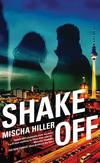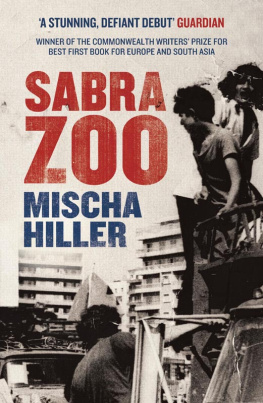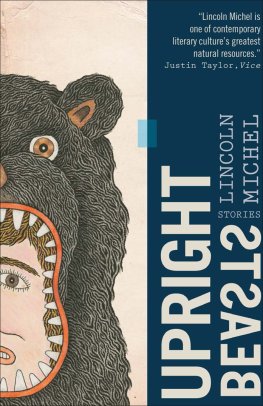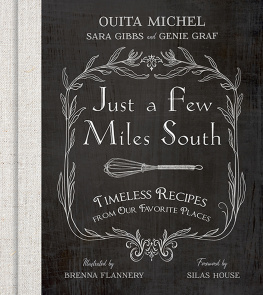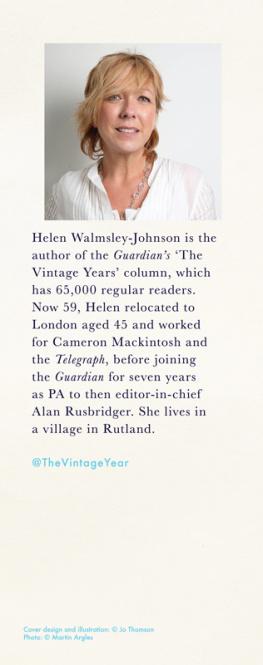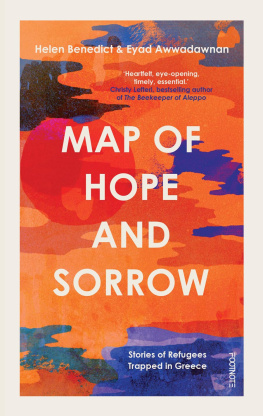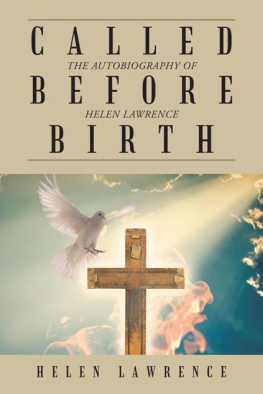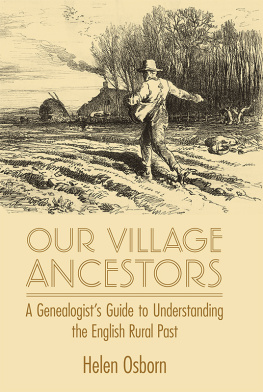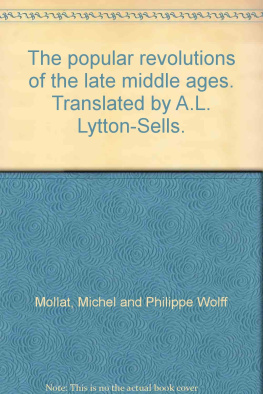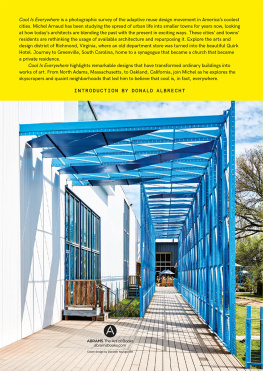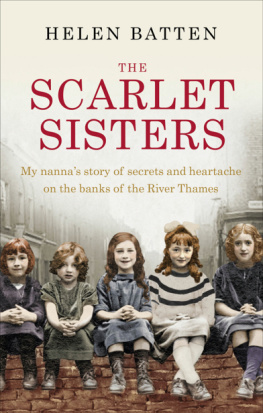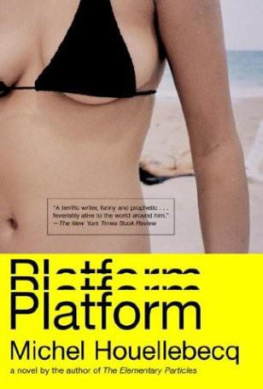For my parents
intifada
/intefad/
[ORIGIN: Arabic intifda lit., a shaking off, der. of fda to shake off]
An uprising by Palestinians to protest against Israels occupation of the West bank and the Gaza Strip.
N obody was there to meet me. Not openly, anyway. I scanned the people waiting behind the barrier as I emerged into the arrivals hall at Heathrow, looking for familiar faces, gaits, physiques, anything that might indicate someone Id seen before or might see again. I was traveling on a Swiss passport, with $75,000 in thousand-dollar bills taped inside a copy of The Sunday Times Id bought at Tegel Airport before leaving West Berlin. The front-page headline read: Kremlin in Crisis as Gorbachev Fights to Keep Control. Newspapers are my preferred way of carrying money or documents; they are easy to ditch, and you can carry one under your arm even as your bags are being searched. This is detail I was taught.
I took a taxi through a wet London to the Imperial Hotel on Russell Square, found a telephone booth in the lobby and dialed a West Berlin number. I studied the lobby as it rang and the tone of an answer machine came on.
The meeting went well, I said in German, the code to let Abu Leila know that I had arrived without incident. I told him Id speak to him soon. Id just had a tref with Abu Leila in Berlin, where hed given me the money and some documents. He called our meetings trefs because thats what East German intelligence officers called meetings with their agents, and I suppose I counted as Abu Leilas agent, although he had never used that word. I hung up but kept the receiver to my ear, using the time to scan the lobby for familiar faces from the airport. I called the speaking clock so no one could find out what number Id dialed.
I changed out of my suit into jeans, T-shirt and tennis shoes in the hotel toilets, putting the suit in the holdall. I didnt like to look out of place; it was important to blend in. Be grey, not colorful, my trainers in Moscow had said. I always matched my shoes to my clothes. Id heard that immigration officers checked for illegal immigrants by looking at their shoes. I ripped my plane ticket up and threw it into the toilet bowl, urinating on the scraps before flushing them away. It is easier to flush soaked paper than drythis is detail Ive picked up with experience.
From the hotel I walked to Kings Cross Station and jumped onto a bus going to Kentish Town. I loved these open London buses; you could get on and off when you liked, which made it a little harder for anybody in pursuit. You should always sit at the back of the bus when you get on, because surveillance like to sit at the back to get a good view of you embarking without having to turn around. Your job is to make their job more difficult without it being plain that you know what you are doing. All this I have been taught.
I ran through my meeting with Abu Leila.
Keep an extra eye out for the competition, hed said. The competition was our name for Mossad; it was our little joke: the idea of PLO security competing with such an organization was laughable. Apparently the competition were trying to reassert themselves in England after recent setbacksMossads station in London had been closed by Margaret Thatcher two years earlier, for having an agent in a PLO cell implicated in the shooting of a Palestinian cartoonist on a South Kensington street. But Abu Leila had another reason for his warninghe wanted to host a secret meeting in England, a meeting between Israelis and Palestinians. His warning was unnecessary; Id been trained to be constantly alert. It was always better to be safe than sorry, even if being safe meant not being able to relax.
By the time I got to Kentish Town I had reassured myself that I was traveling alone. I walked the dark and quiet residential backstreets up to Tufnell Park, avoiding the main road. The recent rain had freshened the air and cleansed the streets. I stopped occasionally, once to do my shoelaces, twice to shift my bag to the other shoulder, always giving a quick scout behind as I crossed the road. But it was late on a Sunday and nobody else was about.
It was with some relief that I reached my road in Tufnell Park where I rented a small roomjust a bed, cooker and sink in a three-story terraced housewhat the English call a bedsit. Six rooms in alloccupied, as far as I could tell, by mature students or itinerant workers. It had been home for a year, and I paid the rent every month in cash. Since each of the rooms was self-contained (apart from shared bathrooms on each floor) I exchanged only greetings with the other inhabitants when passing them on the stairs, which suited me fine.
I hung up my suit and took the money from inside the newspaper. Id spent the first fifteen years of my life in a refugee camp, so I appreciated how much money I was carrying, although Abu Leila handed it out indifferently, not even expecting me to account for it. I took no advantage though; I just lived the life of a student, as instructed. My modest monthly expenses were paid through to a UK bank account, transferred from a trust fund in Qatar ostensibly set up by my parents executors, although I dont think my parents had ever even opened a bank account. My fees at the School of Oriental and African Studies, where I was registered as a student, had been paid up front, from the same account. The last thing Abu Leila wanted was for me to look out of place. He gave me strict instructions to stay out of exiled Arab circles, and particularly to avoid the Palestinian student community and their organizations, like the General Union of Palestinian Students. Abu Leila said that Western intelligence agencies saw anyone involved in such activities as a potential threat, and that such groups were infiltrated by the competition. I wrapped the money and the Swiss passport in a towel, thinking of several ways it could be put to good use in the camp, although I didnt know what it was for, just what I had to do with it.
I saw light coming from under the bathroom door on the landing. As I turned to go back into my room, the door opened and my housemate emerged trailing steam, wrapped in a towel that reached mid-thigh, another wrapped turban-like around her head. Id only seen her once or twice before as we passed each other on the stairs. Shed been there a month, replacing a middle-aged man who Id never seen use the bathroom.
We shuffled awkwardly on the small landing, and she gave an embarrassed smile as she walked past me with her freshly bathed smell. The shabby but clean bathroom was still steamy. I caught the herbal aroma of her bathwater as it swirled down the plughole. Shed left a candle on the side of the batha thin snake of smoke emerged from the blown-out wick. I wet my forefinger and thumb and squeezed the smoking wick dead with a hiss.
The house was quiet as I checked the alignment of the screws that held the plastic side panel of the bath in place. They were as Id last left them. Using a tiny penknife attached to my key ring, I removed the panel. Lying on my back parallel to the bath, I reached under and unhooked an A4-sized plastic package attached to a water pipe running along the wall under the tub. It was still warm from the bath. I pulled the package out. Undoing the zip-lock, I took out a Lebanese passport and replaced it with the Swiss passport and the dollars. Even in thousand-dollar bills the money was a tight fit. The zip-lock had a Greek passport and 2,600 in it, from which I removed 1,000. I closed it and replaced it on the pipe, which took some effort since I had to do it blind. Not an ideal hiding place, but you had to make use of what was around you. I never kept anything incriminating in my roomthat, according to my trainers, you should never do. I screwed the bath panel back on, making sure the screw heads were aligned as before.
Next page
